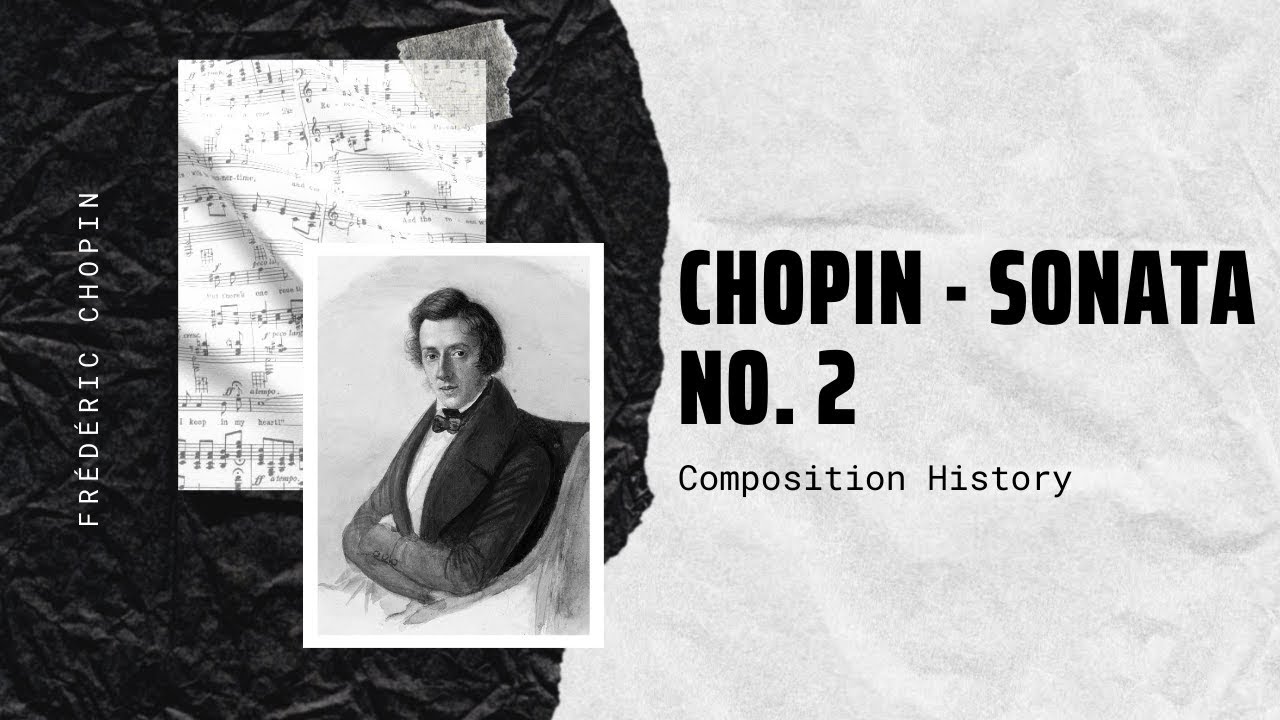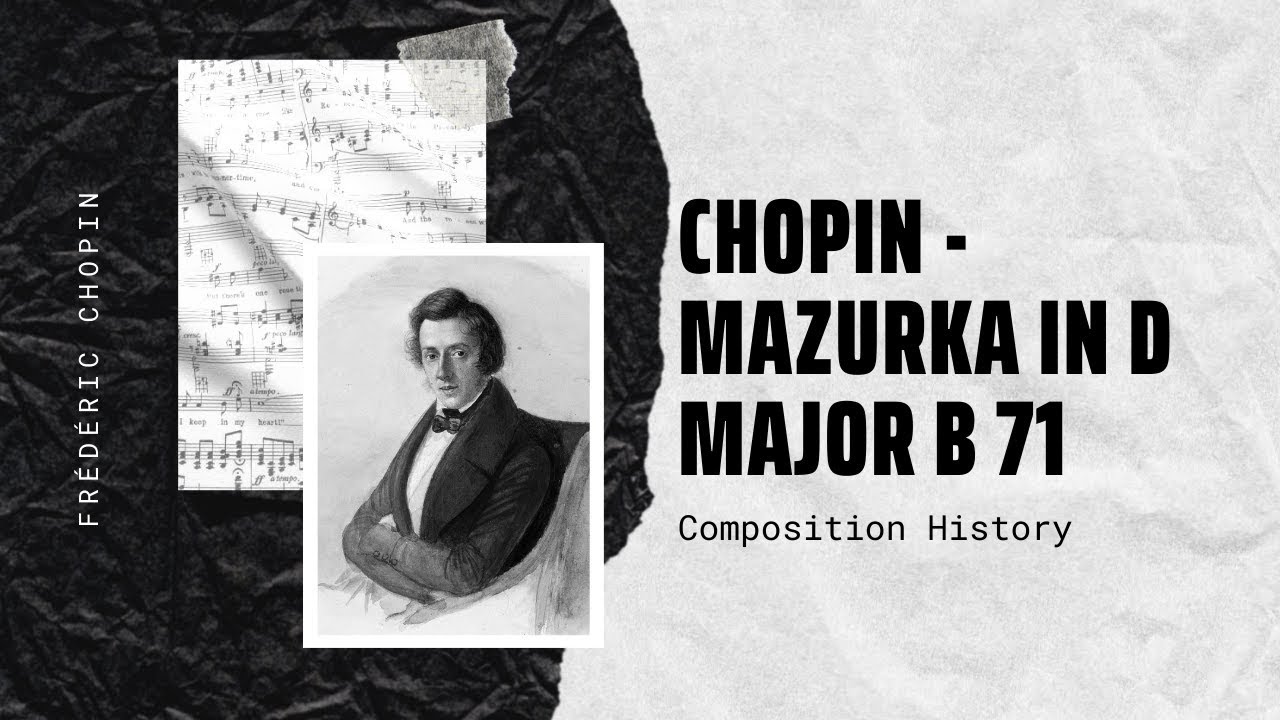
Chopin – Sonata No. 2 in B flat minor – Music | History
Chopin – Sonata No. 2 in B flat minor – Music | History Frédéric Chopin’s Piano Sonata No. 2 in B-flat minor, Op. 35, is a[…]

Chopin – Mazurka in D major, B 71 – Music | History
Chopin – Mazurka in D major, B 71 – Music | History Over the years 1825–1849, Frédéric Chopin wrote at least 59 mazurkas for piano, based[…]

Chopin – Etude Op. 25 No. 1 in A flat major – Music | History
Chopin – Etude Op. 25 No. 1 in A flat major – Music | History The Études by Frédéric Chopin are three sets of études (solo[…]

Chopin – Cantabile in Bb, B. 84 – Music | History
Chopin – Cantabile in Bb, B. 84 – Music | History Frédéric François Chopin (French: , Polish; 1 March 1810 – 17 October 1849) was a[…]

Chopin – Andantino ‘Spring’ B. 117 – Music | History
Chopin – Andantino ‘Spring’ B. 117 – Music | History Frédéric François Chopin (French: , Polish; 1 March 1810 – 17 October 1849) was a Polish[…]

Chopin – Largo in E flat major, B.109 – Music | History
Chopin – Largo in E flat major, B.109 – Music | History Frédéric François Chopin (1 March 1810 – 17 October 1849) was a Polish composer[…]
Chopin Prelude in C sharp minor, Op. 45
Chopin – Prelude in C sharp minor, Op. 45 Frédéric Chopin wrote a number of preludes for piano solo. His cycle of 24 Preludes, Op. 28,[…]

Chopin – Mazurka in B major Op. 63 No. 1
Frédéric Chopin wrote his set of three Mazurkas for solo piano, Op. 63, in 1846. They were published the following year, and dedicated to Laura[…]

Chopin – Mazurka in A minor B 134
Frédéric Chopin wrote his Mazurka in A minor, B. 134, in 1840. It was published in 1841, and later is appeared as part of Six[…]

Fantaisie sur le Marche funebre de Chopin Op. 29
Fantaisie sur le Marche funebre de Chopin Op. 29 Hello! Welcome to Top Classical Music, the most comprehensive channel specializing in classical music. Here you will[…]